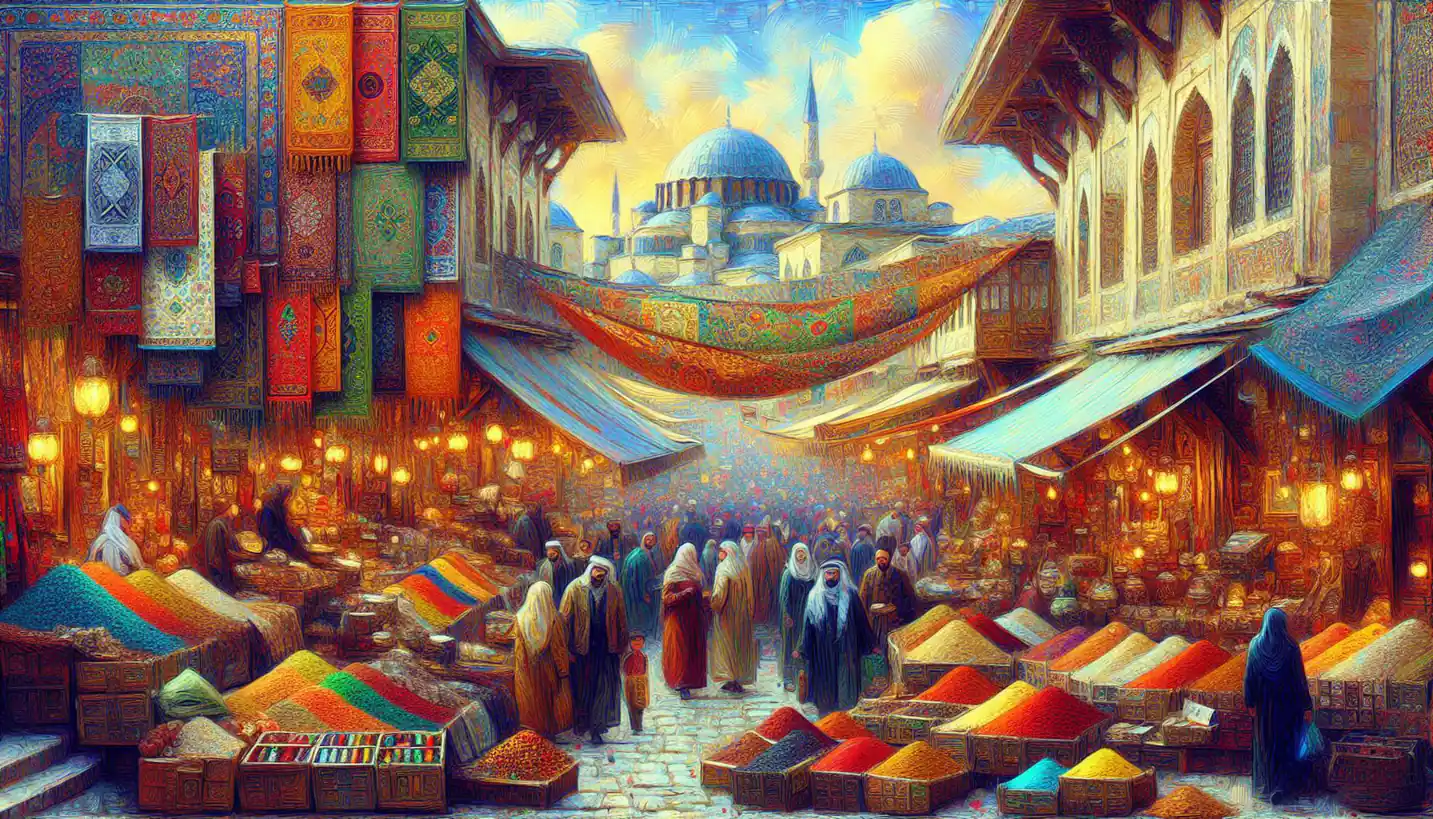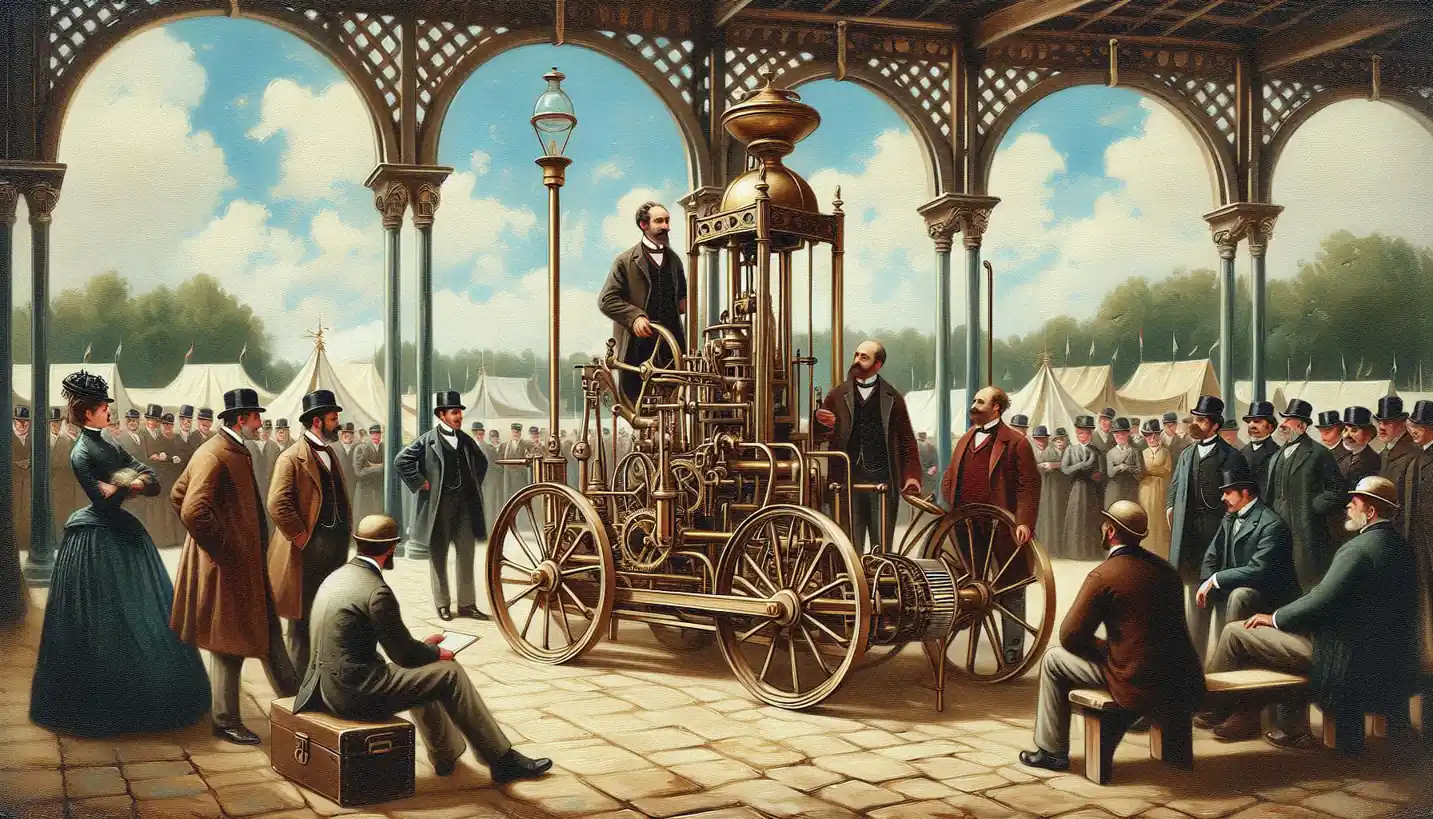· History · 4 min read
Berlin Conference: The Gathering That Shaped Continents
Berlin Conference dramatically shaped global history and continents. Dive into the gathering that redefined colonial boundaries and influenced the world.

For many people, the mention of Berlin brings to mind vibrant culture and rich history, but not everyone knows about the significant conference that changed the world in the late 19th century. The Berlin Conference, held between 1884 and 1885, was a gathering of European powers that decided the fate of the African continent. Let’s dive into why this event is so pivotal in global history.
The Berlin Conference wasn’t a casual get-together; it was more like a high-stakes poker game. European countries like Britain, France, Germany, and Belgium sat around the table, eager to carve out chunks of Africa for themselves. You see, during this period known as the “Scramble for Africa,” European nations were hungry for land and resources. Africa, with its rich natural resources and vast territories, seemed like a goldmine waiting to be tapped.
Why Berlin? Chancellor Otto von Bismarck of Germany organized the conference. Germany was a relatively new power on the European stage and wanted a slice of the imperial pie. By hosting the event, Bismarck aimed to position Germany as a key player in global politics and bring a semblance of order to the chaotic rush for African territories.
An interesting aspect of the Berlin Conference is that not a single African representative was invited. This gathering was essentially a meeting of outsiders making decisions that would impact millions of African lives. The lack of African voices in discussions about Africa underscores the colonial mindset of the time, where European superiority was taken for granted.
Over the course of several meetings, the conference established ground rules for claiming African territories. Before this, European countries were like kids in a candy store, grabbing whatever they wanted without much thought of the consequences. The conference laid down principles, like requiring countries to establish authority before they could lay claim to land. The idea was to prevent conflicts among European nations over African lands.
The outcomes of the Berlin Conference were long-lasting and far-reaching. It led to the division of Africa into countries with borders that often made little sense given the ethnic and cultural landscapes of the continent. This reshaping of Africa created tensions and divisions that resonate to this day, contributing to conflicts and political struggles.
For the European nations involved, the conference was a win. It allowed them to take control of resources like rubber, gold, and diamonds with minimal hassle. However, for Africa, the consequences were dire. Communities were split, traditional lands taken, and millions of people were subjected to colonial rule with little regard for their cultures or governance systems.
Let’s imagine for a moment the kind of changes these decisions brought about for the people of Africa. Tribes that had lived side by side in peace were suddenly divided by artificial borders. Languages, traditions, and histories were interrupted, creating a legacy of disruption and division.
Today, historians and scholars continue to study the Berlin Conference to understand its lasting effects. It’s an example of how decisions made by a few can ripple out to affect millions. As we look at political boundaries in Africa today, many of them can be traced back to those fateful discussions in Berlin.
The Berlin Conference is often discussed in terms of its economic motivations, but it was also a political maneuver. By expanding their territories externally, European powers sought to strengthen themselves against rival nations in Europe. Colonial possessions became symbols of national pride and power.
As we learn more about the global interconnections and historical events that shape our present, the Berlin Conference stands out as a critical turning point. Its decisions were a catalyst for much of the 20th century’s political landscape in Africa.
Today, a question that often arises is: could events like these happen again in our interconnected world? The Berlin Conference serves as a reminder of the importance of inclusive dialogue and respecting the sovereignty of all nations, no matter their size or power.
International relations have evolved considerably since the days of the Berlin Conference, but its lessons remain relevant. Global conversations now include a broader range of voices and perspectives, though challenges remain.
In essence, the Berlin Conference is a vivid lesson from history, illustrating how the ambitions of the few can shape the destiny of the many. It’s a story of the past that still influences us, urging us to consider the impacts of our decisions on a global scale. By remembering the Berlin Conference, we are reminded of the importance of equity, inclusion, and understanding in international relations today.


